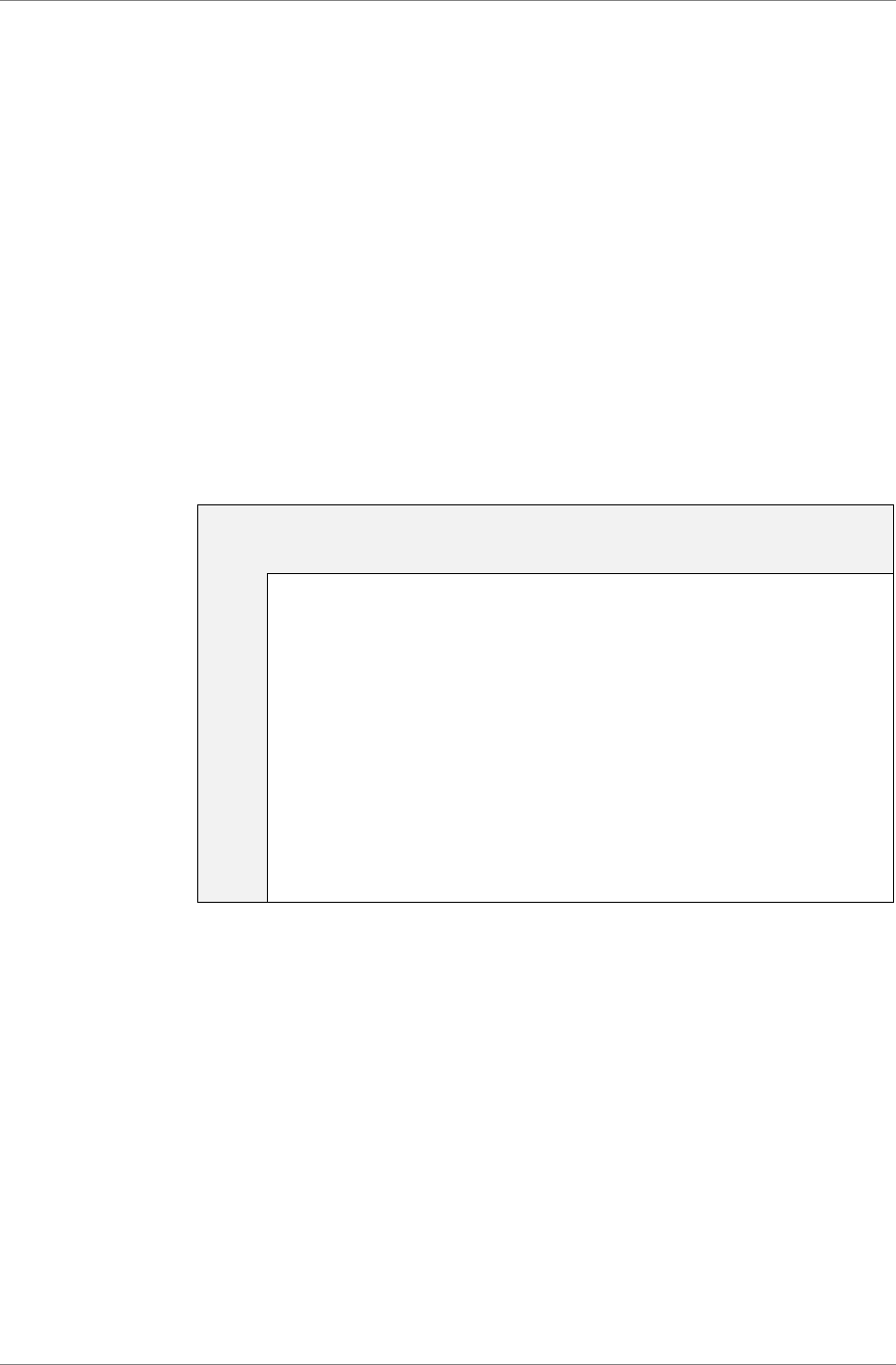
dCS 974 User Manual Manual for Software Version 1.0x
dCS Ltd May 2001
Manual part no: DOC1241121A1
Page 71
Document No: OS-MA-A0124-112.1A1
Contact
dCS
on + 44 1799 531 999 email to: more@dcsltd.co.uk
(inside the UK replace + 44 with 0) web site: www.dcsltd.co.uk
DSD
Filter Options
DSD is a single bit very high sample rate (2.822 MS/s) format, where the single
bit words are heavily noise shaped to push noise energy above the audio band.
The frequency response is very high (well above 100 kHz) although at these
high frequencies, noise is also present.
For SACD purposes, 0 dB0
DSD
is set at 6 dB below the peak to peak level one
might expect a full scale sinewave to occupy – this ensures that artefacts that
begin to occur at the limits of the DSD amplitude range do not move down into
the audio band. The 0 dB0
DSD
level is shown graphically in Figure 39, page 98.
The dCS 974 offers a number of different DSD modulators – as Filter options.
All the modulators have the same signal frequency response. They differ in the
way they shape the out-of-band Q noise, and in how far they suppress the
in-band Q noise. Filters 1 to 5 suppress Q noise at least 120 dB below the
nominal 0dB DSD signal, which is one of the marketing specs for SACD.
Filter Comments SQNR
(20 kHz,
dB)
Stability Description
1
High SQNR, high stability 126.14 1.7*10
10
Two complex
zeros
2
High SQNR 127.23 8.2*10
8
Two complex
zeros
3
High SQNR, very high
stability
124.66 1.5*10
11
Two complex
zeros
4
Extremely high stability 122.07 3.0*10
12
Two complex
zeros
5
Reduced 100k noise 122.27 7.1*10
10
Two complex
zeros
6
Single complex zero 110.78 3.7*10
11
Single
complex zero
7
Real zeros 101.5 2.0*10
10
Real zeros
only
Table 4 – DSD Filter Summary
Signal to Q Noise and SACD Specs
Although 120dB SNR over the 0-20 kHz band is a good target, it does not
match the ears response that well. The F weighted curve is currently accepted
as a good model for the ear, and we can use this to weight the noise produced
by the various filter choices. Such a weighting is shown in Figure 38 on page
98, and DSD gives very good performance using such a weighting (better than
23 bit pcm)
The figure shows that Filter 6 and 7 give more F weighted Q noise suppression
in the audio band than Filters 1 to 5. Filter 6 gives around 20 dB more
suppression than Filters 1 to 5 under all circumstances and Filter 7 gives 20dB
more suppression below 10 kHz.


















